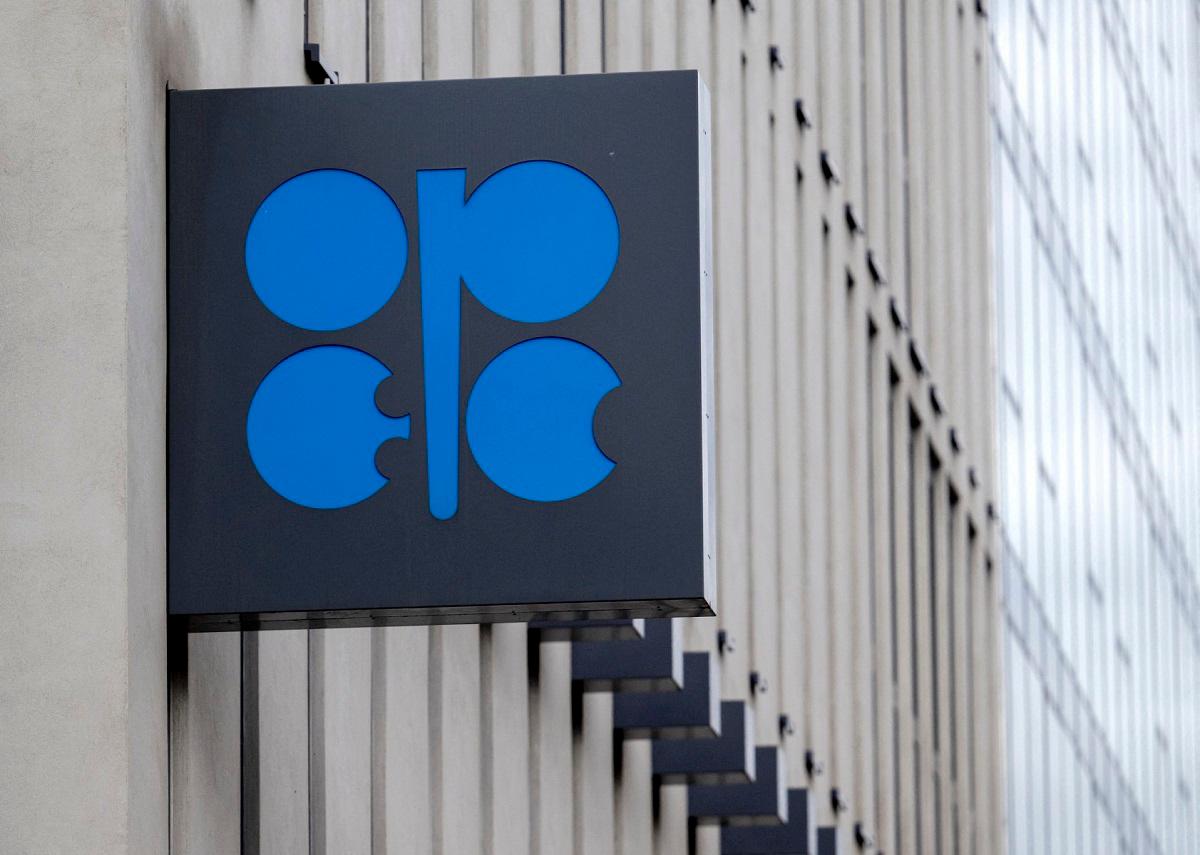LONDON: Eight key members of the OPEC+ alliance have agreed to increase oil production in a strategy analysts view as a bid to gain a larger market share of crude sales.
Oil ministers in the V8 grouping comprising Saudi Arabia, Russia, Iraq, the United Arab Emirates, Kuwait, Kazakhstan, Algeria and Oman decided to raise production by 137,000 barrels per day from next month.
Those countries had already increased production by 2.2 million barrels per day in recent months.
The group stated that the new incoming cycle could eventually see up to an extra 1.65 million barrels per day entering the market.
OPEC+ caught the market off guard today by signalling ambition with a production hike instead of pausing according to Rystad Energy analyst Jorge Leon.
He noted that OPEC+ is prioritising market share even if it risks softer prices with the message being more significant than the actual barrel increase.
Oil prices currently hover around $65-70 per barrel having tumbled 12% this year as global producers outside OPEC+ ramp up supply and tariffs curb demand.
OPEC+ comprising the 12-nation Organization of the Petroleum Exporting Countries and its allies had implemented several output cuts amounting to almost six million barrels per day in recent years.
Analysts had expected the V8 to maintain current output levels in October until just a week ago.
By raising production even modestly the V8 indicated OPEC+ willingness to weather prices falling below $60 per barrel to regain market share.
Leon stated that the actual production boost will be far smaller due to capacity limits and compensation mechanisms though perception often matters more than physical barrels.
He added that the move raises questions about unity as countries like Russia depend on high prices to fund their war machine while others test lower prices for market share.
The real test for OPEC+ will be the last three months of this year when seasonal demand tends to be lower according to analysts.
Oil specialists are closely monitoring Moscow’s war in Ukraine and US-Russia relations as geopolitical factors that could impact oil prices.
US President Donald Trump whose mediation efforts between Russia and Ukraine have failed recently targeted Russian oil and those who purchase it.
He imposed higher tariffs on India in August as punishment for its purchases of Russian oil.
Trump expressed frustration with EU purchases of Russian oil particularly by Hungary and Slovakia during a video conference with Ukraine’s allies in Paris last Thursday.
Curbing Russian exports could potentially free up market space for other OPEC+ nations. – AFP









